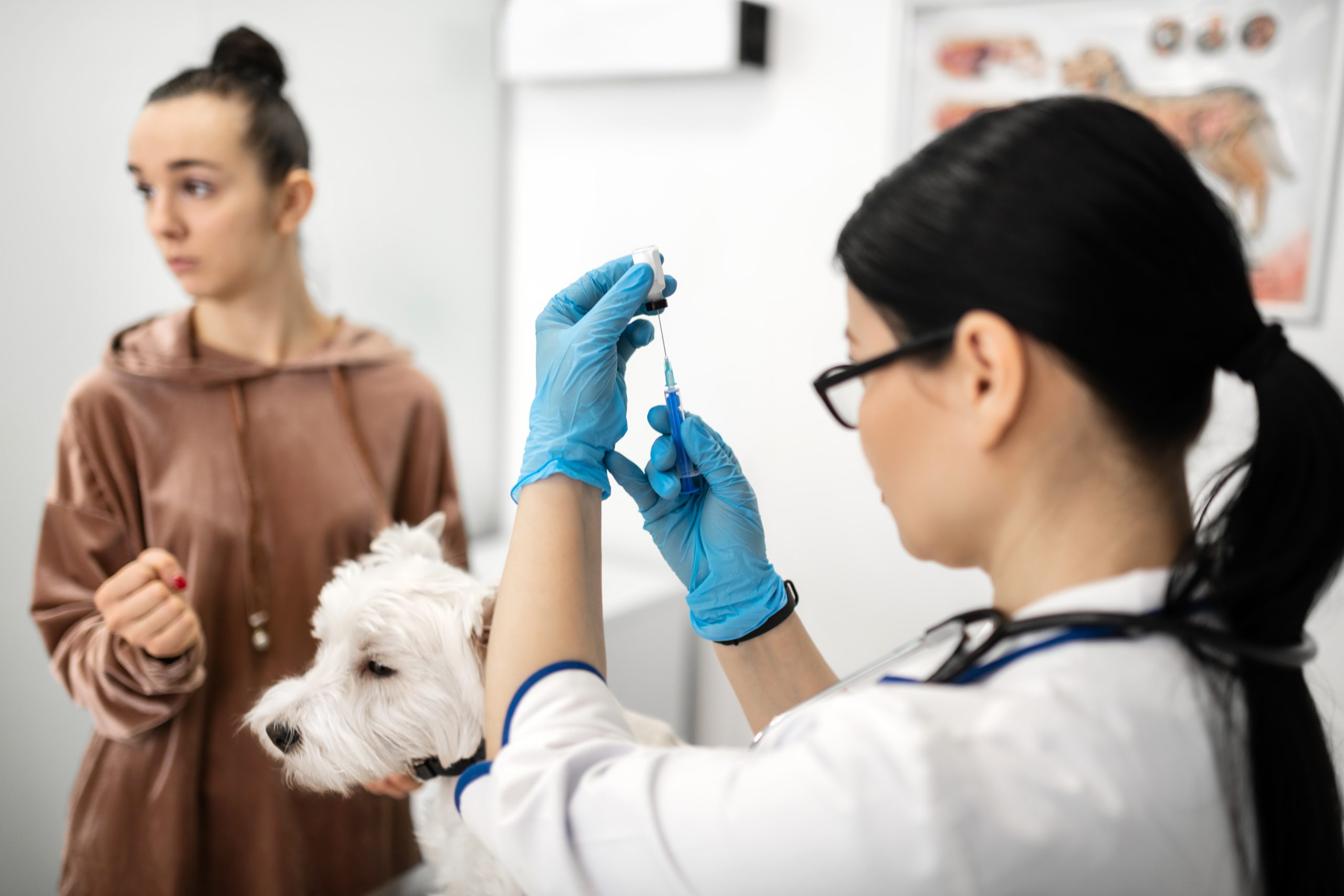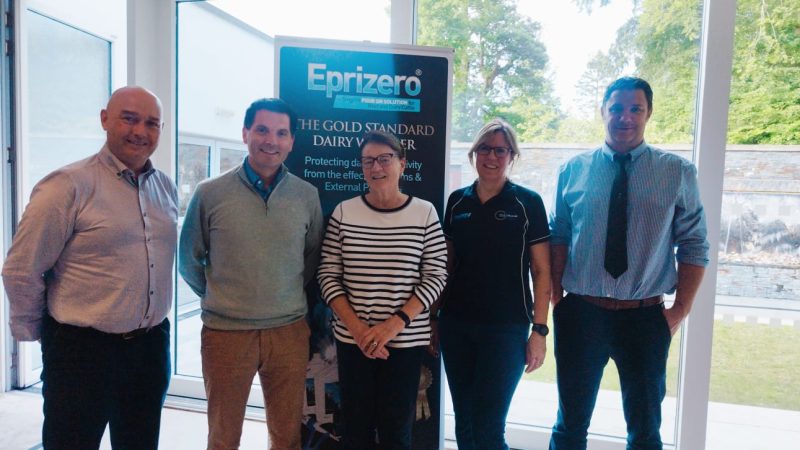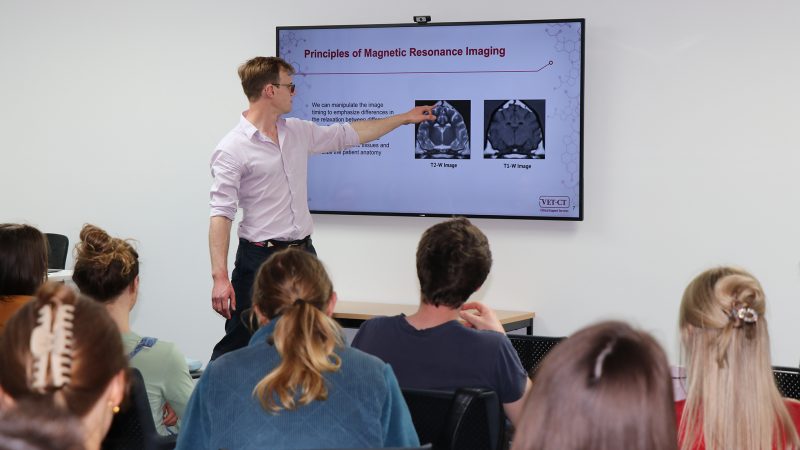Peers in warning over vet medicine supply issues

A House of Lords committee has called for urgent action to secure permanent arrangements for Northern Ireland’s veterinary medicine supply.
The plea came in a letter from the House of Lords European Affairs sub-committee on April 30 following a three-month examination of the issue.
The document said the committee welcomed ministers’ recognition of the need for “rapid progress” and noted expectation that talks would be taking place by the autumn.
But, amid the prospect of forthcoming UK and EU parliamentary elections plus the appointment of a new EU Commission this autumn, it also raised concerns about the current rate of progress.
Committee chairperson Lord Jay said: “This is an issue of vital importance, which affects everyone, regardless of political hue.
“The Government has spoken of the need to make ‘rapid progress’, and we are stressing the need for a positive and swift outcome within what is a tight timescale complicated by upcoming elections in the EU and UK.
“We have set out some solutions proposed by our witnesses. They were united on the importance of political will in resolving this crucial issue, and the urgency in doing so, and we endorse their call for talks leading to a mutually-agreed solution between the UK and the EU as soon as possible.”
Following an extension to the post-Brexit grace period secured in late 2022, the current arrangements that govern medicine supplies to Northern Ireland are due to expire at the end of 2025.
Until now, it has been widely estimated that around half of all veterinary products presently used in the country would not be available beyond that date without a new agreement being in place.
Certain specific products, such as the vaccine for botulism, were highlighted by witnesses as treatments whose loss could cause major problems.
But the letter also highlighted evidence from the VMD’s deputy chief executive, Gavin Hall, who gave a new estimate of around 34% to 35%, based on rerouted supply lines through the Republic of Ireland.
It quoted him saying that “as we get that number down, there will be a point where you can no longer lower the number, and that is when we need to be having technical discussions with the commission”.
But, while the committee welcomed the Government’s launch of a working group to consider the issue, it warned of a “tight timescale” based around the upcoming EU and UK polls.
Elections to the European Parliament take place in early June, while speculation continues around the possible date of the UK’s general election, which has to take place by late January 2025.
A new EU Commission is also due to be appointed after 31 October this year.







